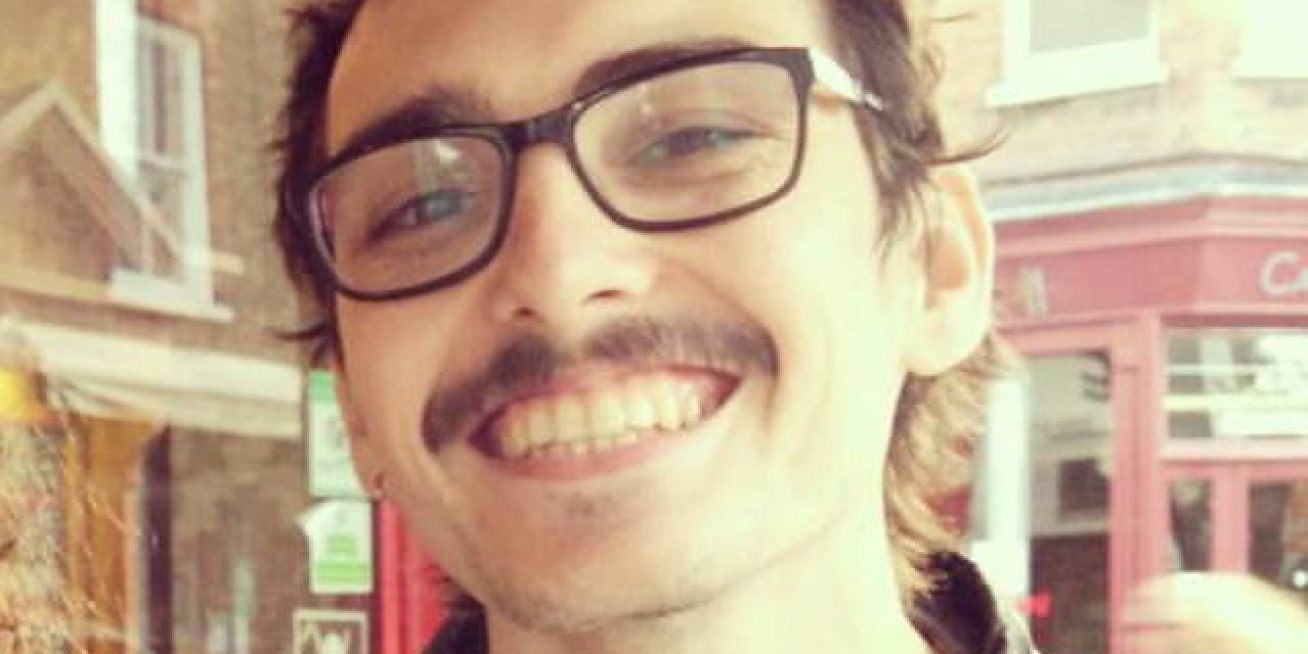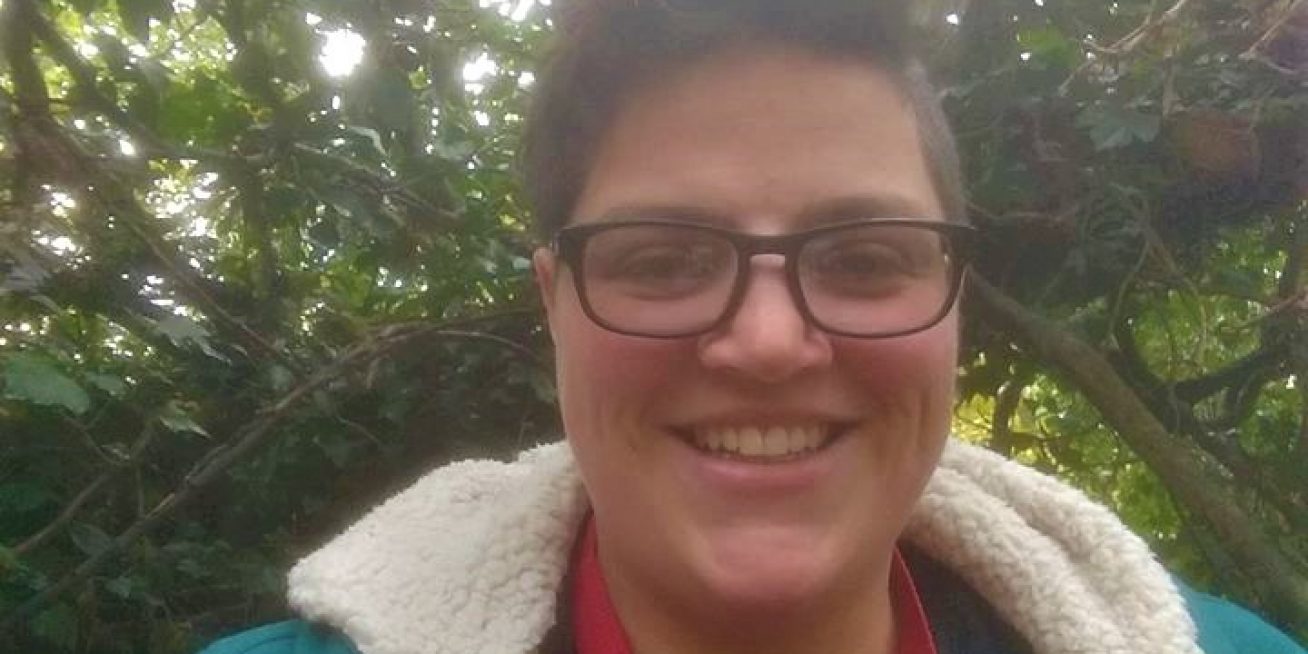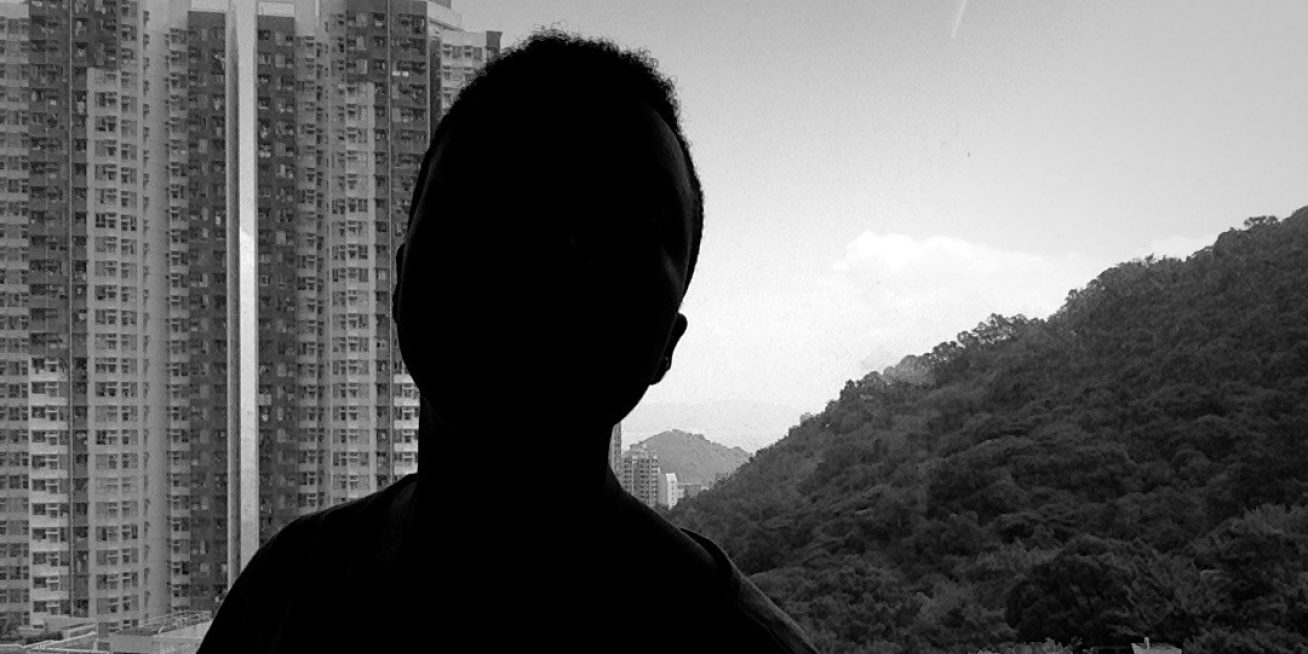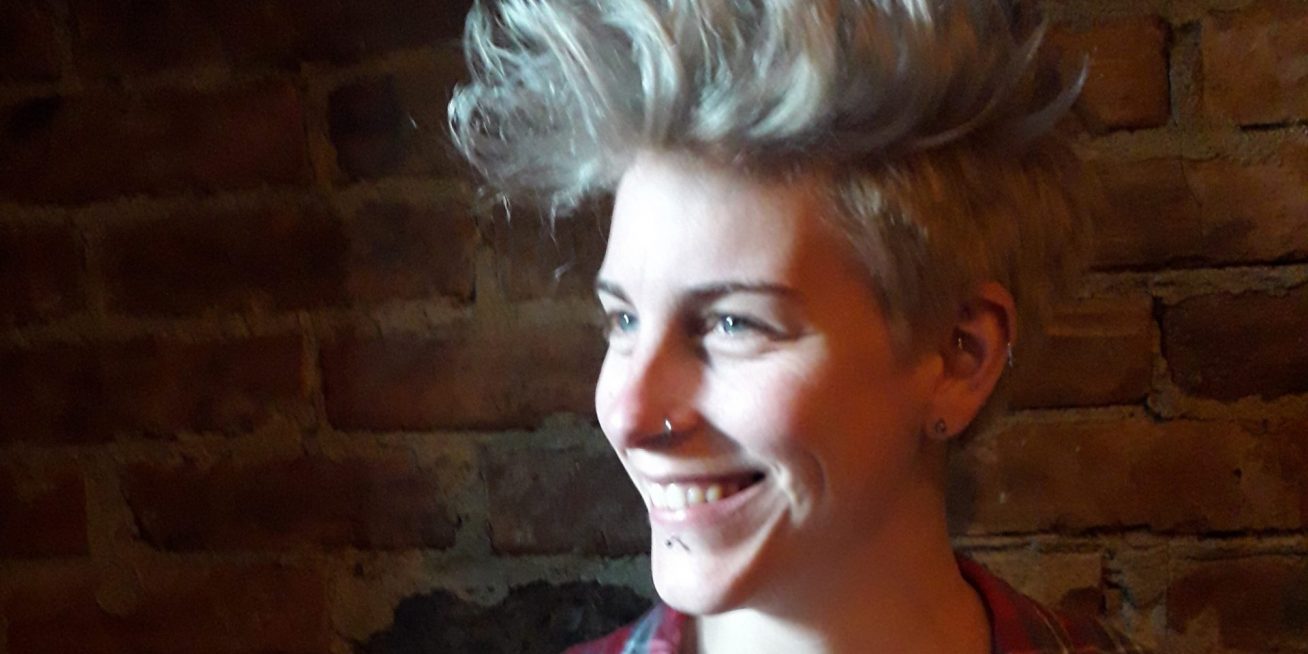Supporting the miners and protesting at Greenham
Gill talks about her politics and activism, supporting the miners' strike of 1984-5 and protesting at Greenham Common Women's Peace Camp.
TRANSCRIPT
Well, early on we realised that the important – in the Labour Party the important thing was to help the miners’ families because they had no money – at all – coming in, none. Except the, what the union could give them, which was in no way going to help them. They lived in houses which were rented from the Coal Board, which were solely heated by coal. So there was no coal, and they had no heating, and it was really miserable. So, I expect you know this, they set up kitchens. A lot of it, the funding, came from the trade unions, and I used to go to the market on two days a week, and go to the stallholders and ask them to buy a whole lot of things with money that the Labour Party raised, and they would then give me stuff. It was quite extraordinary, the amount of support there was for the miners’ strike among the stallholders, which you wouldn’t somehow have expected. But they did, they’d come out the front with a whole box of stuff and give it to me, load it in the car and take it down to the particular pit which we supported in Leeds, the women in Leeds supported, and y’know handed out and helped them with giving the dinners and doing the cooking. And the miners would all come in with their children and y’know have a good meal, which often was difficult for them. We got meat from… through a trade union, I can’t remember which trade union… And we also supplied legal advice to them, because most of them were, had got themselves in debt in a big way. And eventually they went with us to Greenham Common actually, which was quite interesting [laughs] because they knew all sorts of tricks about how to deal with the police, which we didn’t know! [Laughs]RL: So tell me about Greenham then.
GP: Ah, it was great. We went down – a lot of women from the Labour Party, on the day, y’know a particular day, and we stayed the night before in the tents, well half out of the tents, because it wasn’t very adequate, and sort of woke up and spoke. There were women there all the time, as you know. And then we started to try and surround the base – we did actually surround the base and the whole of the wall, the great high wire fence, a lot of it was covered with messages that people had brought, and children’s toys, and people had come from as far away as New Zealand and Australia, and had chosen to come there. And some of us almost got in, I think some people did get in, but not get very far, but I thought the most brilliant idea was – we lined up facing the fence, put our hands through the wire and waved ourselves backwards and forwards like this in unison. And in the end we’d got the fence down, quite y’know in about twenty yards. The police did not know what to do about this! They came along and – if that’s the fence – they came along and hit our hands up, down, so that we couldn’t – and then as soon as they’d gone, we put our hands back again! I love women’s intuition for getting round these things, and the sort of big burly policemen couldn’t deal with it. So that was good fun. But then what did we do? We didn’t quite know what to do when we’d got through the fence! [Laughs]







